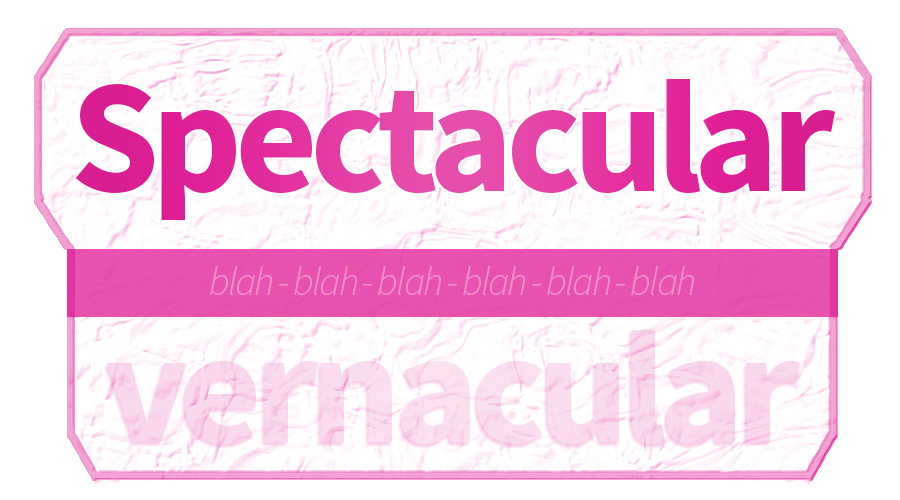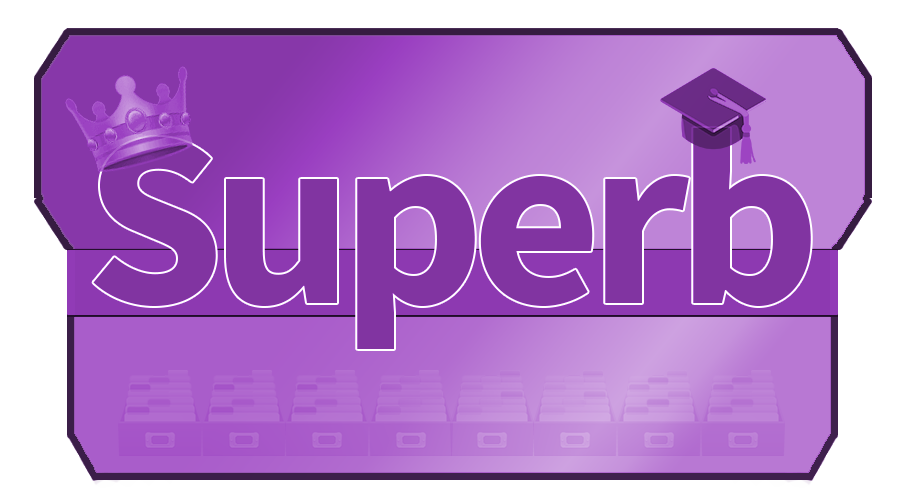🇺🇸 ENGLISH
What is Academia BSB’s approach to English language learning?
Academia BSB focuses on a unique pedagogical approach that prioritizes personalized instruction, active student engagement, and a comprehensive Class Notes system. The methodology aims to make learning accessible and applicable to real-life communication, moving beyond traditional rote memorization. They emphasize developing all key language skills – grammar, vocabulary, pronunciation, speaking, listening, reading, and writing – in an integrated and contextualized manner. The core idea is to empower students to communicate naturally and effectively.
How does Academia BSB approach the teaching of grammar?
Academia BSB teaches grammar as the “backbone” of the language, but with a re-edited approach designed for Brazilian students that avoids the need for syntactic analysis exercises. They utilize “imagetic and mnemonic resources” like the “Bikini Rule” or “Sandwich Rule” and leverage students’ existing knowledge of Portuguese grammar to facilitate understanding. The focus is on applying grammar in practical communication scenarios, supported by both PDF and interactive online exercises. Students are encouraged to read explanations, complete exercises, and seek clarification from the teacher.
What is the role of Class Notes in the Academia BSB method?
Class Notes are a central component of the Academia BSB methodology. They are meticulously prepared by teachers, tailored to student needs identified in class, and serve as a structured roadmap for learning. Every word spoken in class is intended to be recorded in the notes to ensure comprehensive vocabulary acquisition. The notes include clear explanations, examples, and guidance on how students can best use them for independent study. They are designed to create an emotional connection with the student, demonstrating that their classroom participation is valuable for their language learning journey.
How does Academia BSB foster effective listening skills?
Academia BSB emphasizes active listening practice using a diverse range of authentic materials like podcasts, interviews, audiobooks, and news segments. They produce a weekly newsletter/podcast with internal communications and “Podcast Challenges” tailored to different proficiency levels and interests. This approach aims to develop students’ ability to understand spoken English at a natural speed, including contextual nuances and various accents. The methodology encourages active engagement with the listening materials through related activities and lessons, rather than passive listening.
What is Academia BSB’s philosophy on pronunciation?
Academia BSB views pronunciation precision as crucial for fluency and confidence in speaking English. Their approach focuses not only on individual sounds but also on intonation and rhythm to ensure clear, natural, and effective communication. They acknowledge that having an accent is natural and part of one’s personality; the goal is intelligibility and proximity to standard English registers, not eliminating the accent entirely. Pronunciation is addressed in a targeted manner, often through personalized exercises based on identified student errors, differentiating it from the “Speaking” section which focuses on overall fluency.
How does Academia BSB encourage and develop reading habits?
Academia BSB approaches reading with strategies and habits tailored to different levels, aiming to develop effective reading techniques for improved comprehension and engagement. They teach strategies like skimming (identifying main ideas), scanning (finding specific information), and detailed reading (deep and critical understanding). A cornerstone is their free, weekly online Book Club, which provides a structured approach to reading literary classics, fosters community and discussion, and encourages a lifelong love for reading diverse texts.
How does Academia BSB address idiomatic expressions and language usage?
Academia BSB emphasizes the importance of using idiomatic expressions and understanding language usage to make communication more engaging, relatable, fluent, and natural, especially when interacting with native speakers. They teach that idiomatic expressions have figurative meanings beyond literal translation and are an integral part of everyday language and cultural nuances. Language usage involves choosing the right words, applying correct grammar, and adapting language to suit the situation, audience, and purpose. The methodology moves beyond isolated rules to focus on practical application in real-world scenarios, helping students understand and use expressions and context-specific language effectively.
What resources and methods does Academia BSB provide for vocabulary building and practice?
Academia BSB considers vocabulary acquisition a fundamental pillar of language learning. They carefully select practical and relevant words and phrases for their lessons, which are all meticulously recorded in the Class Notes. Beyond rote memorization, they provide “Academic Sheets” that function as frameworks for organizing and practicing new vocabulary. These sheets encourage students to note new words, revisit known but undominated words, and track words they frequently forget. The methodology integrates vocabulary building with writing practice through “Programmatic Calligraphy Sheets” and listening practice through “Personalized Podcasts” based on class content, ensuring vocabulary is used in context and becomes a building block for fluent communication.
🇧🇷 PORTUGUÊS
Ao compreender os princípios por trás de nossa metogologia, você obterá uma visão mais aprofundada de como ambos professores e alunos podem aproveitar o máximo os diferenciais que apresentamos no processo Ensino-Aprendizagem do inglês como segunda língua (ESL). A abordagem da Academia BSB é fundamentada em pesquisas científicas e reforçada pela análise contínua de métricas-chave no treinamento de professores e no progresso dos alunos. Temos um compromisso inabalável com a oferta de uma experiência de aprendizado personalizada, seguindo os mais altos padrões estabelecidos pelo Quadro Europeu Comum de Referência para Línguas (CEFRL).

















